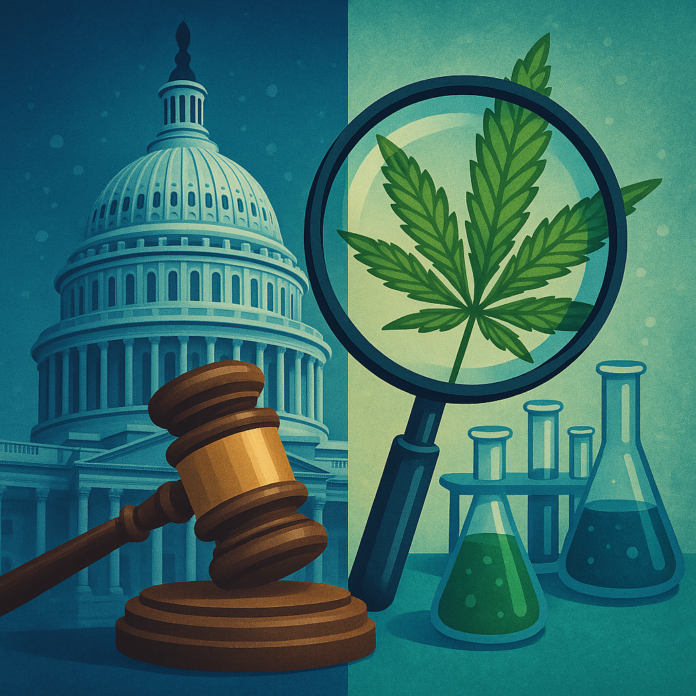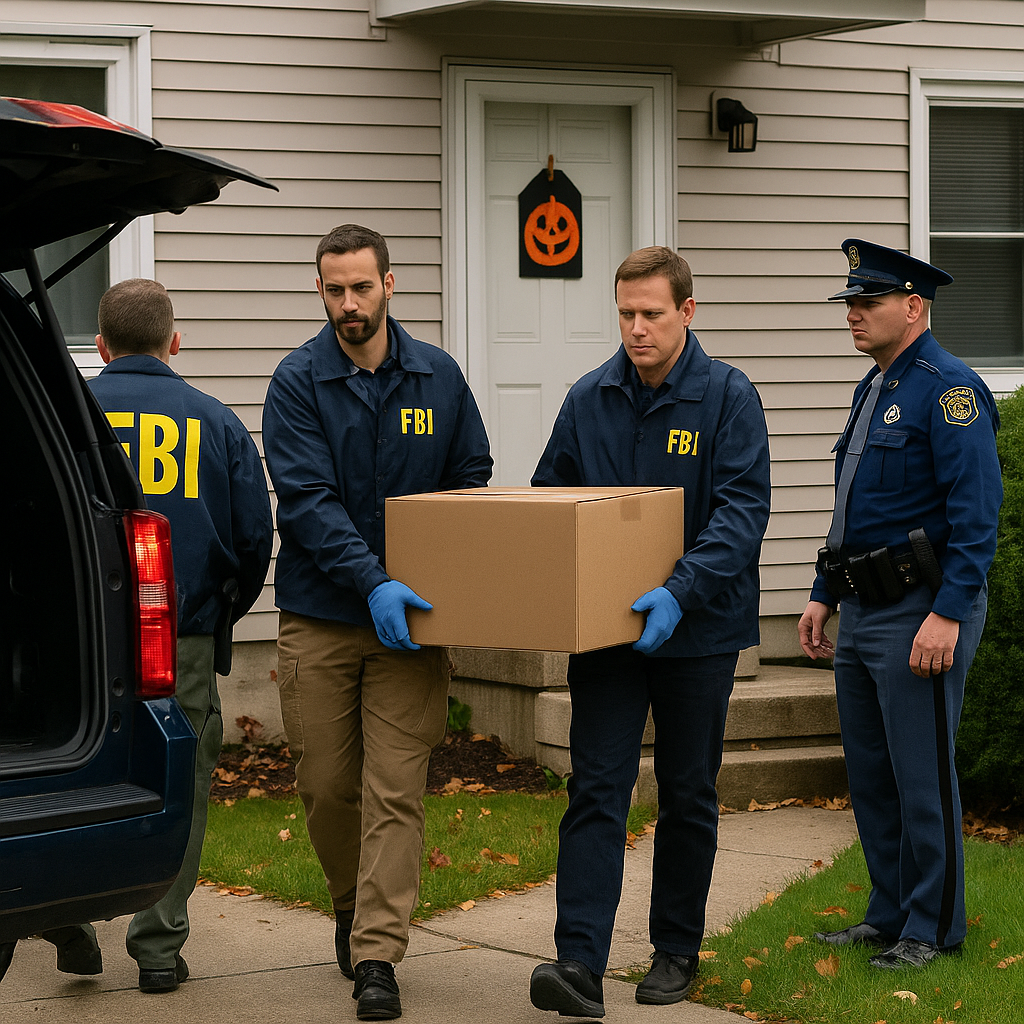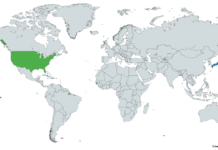
President Donald Trump says his administration is actively reviewing whether marijuana should be moved to a lower category under federal drug laws. The decision, which he expects to reach in the coming weeks, could bring substantial changes to research rules and the cannabis industry, though it would not automatically make marijuana legal nationwide.
Marijuana is currently a Schedule I drug under the Controlled Substances Act — the same category as heroin and LSD — which federal law defines as having a high potential for abuse and no accepted medical use. Shifting it to Schedule III would acknowledge its medical applications and place it alongside substances such as ketamine and some anabolic steroids, which are considered to pose a lower risk of dependency.
The push to reclassify began under the Biden administration in 2024, after the Department of Health and Human Services recommended the change. That process stalled earlier this year, but Trump’s comments have renewed speculation that the review could move faster. Policy analysts note that a motivated White House can sometimes expedite what would otherwise be a slow regulatory process.
If marijuana is reclassified, the impact would be felt first in medical and scientific circles. Researchers often struggle to gain approval for studies on Schedule I substances due to strict federal oversight. Moving marijuana to Schedule III would loosen many of these restrictions, allowing for more comprehensive clinical trials, improved dosing guidelines, and better safety data.
Businesses could also see a change. Federal tax law currently prevents companies involved with Schedule I or II substances from deducting most operating expenses, a policy that can push effective tax rates for cannabis businesses as high as 70%. Schedule III status would remove that barrier, giving the industry a financial boost in states where marijuana is already legal.
However, reclassification would not legalize recreational cannabis on the federal level. Marijuana would still be regulated by the DEA, and dispensaries would have to meet the agency’s requirements, similar to how pharmacies operate. Banking restrictions might also remain, meaning many cannabis businesses could still face limited access to credit and payment services.
Public health experts are divided on the issue. Supporters believe rescheduling would promote safer use by encouraging better quality control and evidence-based medical guidance. Opponents worry it could be misinterpreted as a blanket endorsement of safety at a time when heavy daily use is at record highs. Research links frequent use to risks such as memory issues, lung irritation, certain cardiovascular effects, and in some cases, severe vomiting episodes linked to Cannabinoid Hyperemesis Syndrome.
At the state level, cannabis policy continues to evolve. Forty states and Washington, D.C., permit medical use, while 24 also allow adult recreational use. Some states have attempted to reverse or limit existing legalization measures, while others have faced delays in setting up legal markets even after approving possession.
Trump has called the decision a “very complicated subject,” citing both the potential benefits for medical treatment and the societal concerns. Whatever choice he makes, it would reshape federal cannabis policy without fully settling the broader legalization debate — leaving that decision to Congress and the states.
This image is the property of The New Dispatch LLC and is not licenseable for external use without explicit written permission.









